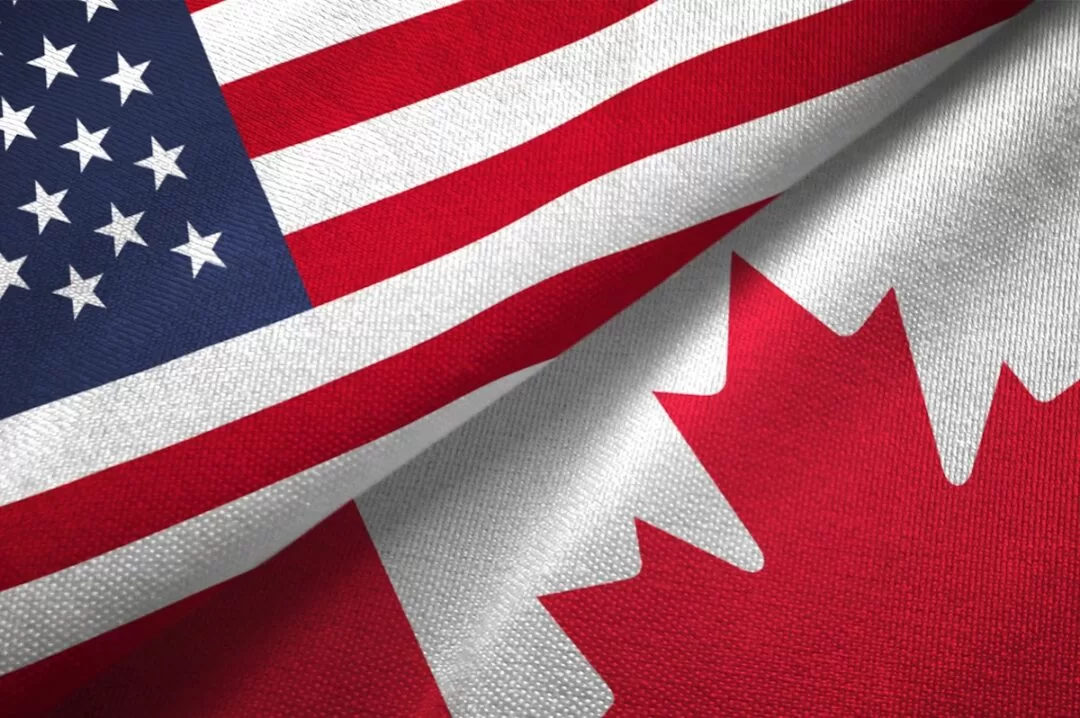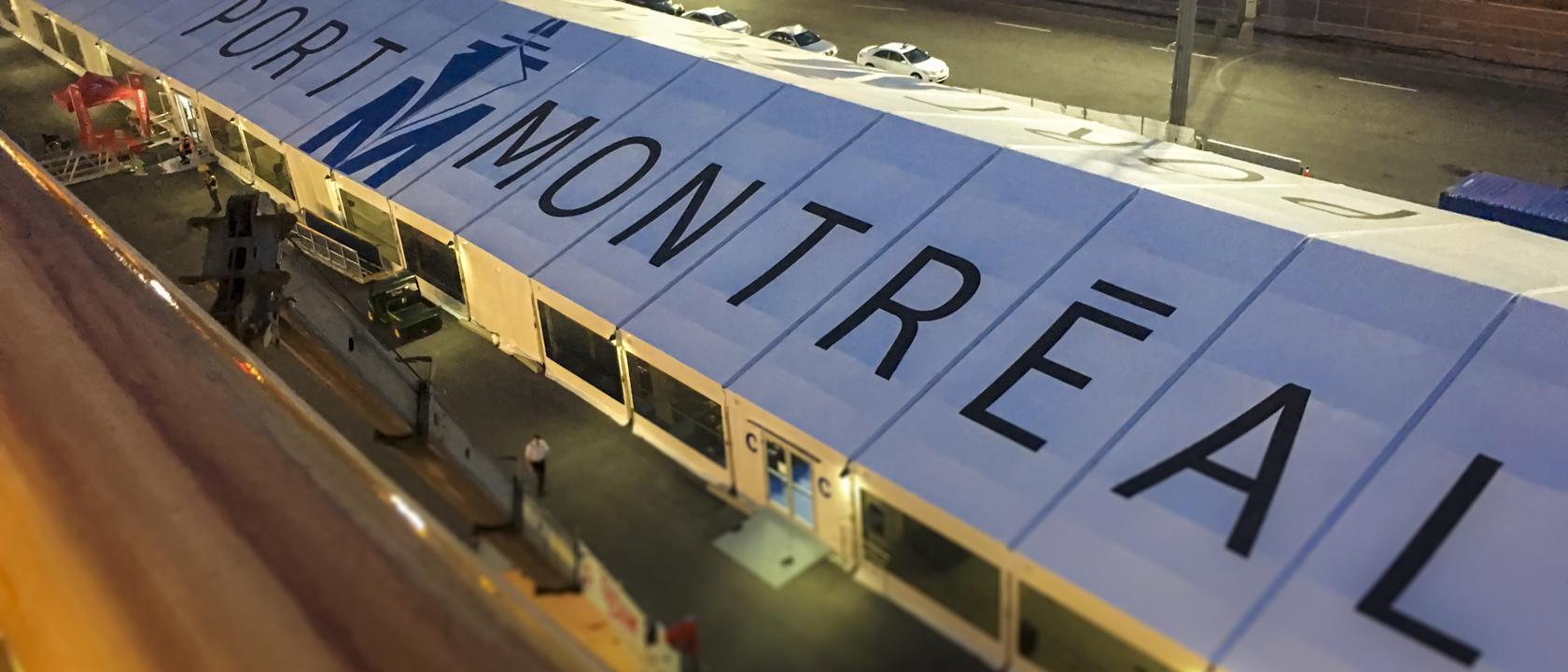U.S. airlines, after a promising start to 2025, are facing a significant downturn due to economic uncertainties, rising inflation, and heightened safety concerns. This has led to a noticeable decline in travel demand, impacting both leisure and business sectors. Earlier projections of a multi-year profit boom have been adjusted as carriers now grapple with reduced flight bookings and revised profit forecasts. Consumer confidence has plummeted, and discretionary travel is taking a backseat to essential spending, casting a shadow over the industry’s prospects.

The economic pressures are multifaceted, with new fiscal policies and rising living costs prompting consumers to tighten their wallets. Travel, being a discretionary expense, is one of the first areas to be cut when budgets shrink. Airline equities reflect this downturn, with significant dips in share values. In response, airlines are strategically reducing flight capacity to maintain profitability, particularly as the critical summer season approaches. While international and premium travel segments show some resilience, the overall trend points to a softening demand landscape.

Adding to the industry’s woes, recent aircraft safety incidents have fueled traveler anxiety, further complicating recovery efforts. This, combined with declining consumer confidence and reduced business travel, is impacting ticket sales and passenger growth. Travel agency data shows a decline in ticket sales, and TSA passenger throughput has slowed. Business travel, especially from sectors tied to government spending, is also experiencing a notable slowdown, affecting the entire travel supply chain.

Despite these challenges, U.S. airlines are cautiously optimistic about a potential rebound. They maintain their full-year guidance, hoping that inflation will cool and safety concerns will subside. The summer travel season is viewed as a crucial turning point. However, the industry’s future hinges on broader economic indicators. If job growth falters or consumer spending continues to decline, airlines will be forced to reassess their strategies and lower expectations for the remainder of the year.
